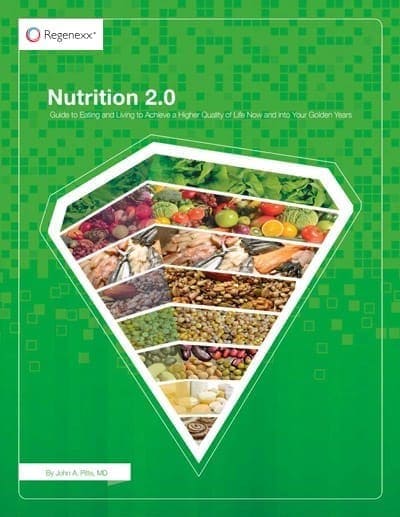A Perservative in Your Food May Be Making You Sick and Diabetic
What if there was a preservative in your food that the FDA says is safe, but scientists have found is likely a problem. Would you be scanning every label? What if I also told you that this chemical in your food may be making you fatter and sicker? Let me explain.
Diabetes
Diabetes affects more than 400 million people worldwide. And the rate of incidence is projected to increase by 40% over the next 20 years. That’s a whole lot of zeros! Add obesity to the problem of diabetes, and you have two major health epidemics.
The rise of diabetes and obesity to these epidemic proportions over the past 50 years has led scientists to suspect that something is being added to our food or the environment that is making us sick and fat. But not a lot of research has been done to evaluate ingredients used in food preparation or preservation.
“Natural” Propionate is “Generally” Safe says the FDA but Scientists Aren’t So Sure
Researchers at Harvard TH Chan School of Public Health in collaboration with researchers from Boston and Israel have recently focused on a “natural” ingredient, propionate. This additive is often added to food items like artificial flavorings and baked goods to help prevent the growth of mold. Propionate is “natural” in that it occurs in nature and is even produced by the human gut as a short-chain fatty acid. It is recognized as generally safe by the US Food and Drug Administration.
In their study, the team of scientists first gave the propionate to mice and found that it quickly stimulated a release of hormones due to activation of the sympathetic nervous system. The release of these hormones, including norepinephrine, glucagon, and fatty acid-binding protein 4 (FABPA4), resulted in hyperglycemia in the mice as their liver cells produced more glucose.
Not only is hyperglycemia a defining trait of diabetes, but the mice also developed insulin resistance and gained significant amounts of weight.
Just to be clear, the mice were not given unusually high doses of propionate. They were fed amounts equal in proportion to what is typically consumed by people like you and me.
When the researchers went on to study the effects of propionate in humans, they found it caused the same substantial increases in norepinephrine, FABPA4, and glucagon as had resulted in the mice.
The Law of Unintended Consequences
The take-away from the study seems clear: When your body produces propionate, naturally, it is a good thing. The short-chain fatty acid, produced in the bowel when fiber is broken down, provides the energy needed for the cells that line the walls of the colon to do their job.
Using propionate in a way other than that for which it was intended, can have unexpected, less than “natural” consequences, making us fat and sick. In fact, when used in baking, the job of any preservative is to poison bacteria and molds. That’s why you’ve seen those McDonald’s time-lapse videos of a hamburger bun surviving intact for months while some other natural food rots in days or weeks.
Baked Goods Should Go Bad
It’s said that a Twinkie can survive a nuclear holocaust. In fact, countless Sci-Fi flicks have used the joke of some future civilization finding a Twinkie in its wrapper and eating it hundreds of years later. This is what we grew up with, but it’s so wrong.
Our grandparents and parents grew up in a world that if you baked a cake with butter after a while, it went bad. That was good. Why? If bacteria and molds can eat it, so can your body!
What You Can Do Now

Simply read those food labels! First, as shown above, this is a baked good nightmare of a label. If there are more 3 and 4 syllable scientific sounding ingredients than ones you recognize than avoid that food! You should see only things like wheat, water, sugar, yeast, barley, etc… Here I have highlighted the calcium propionate.
Looking for Advice on a Good Diet and How to Eat Clean for a Stem Cell or other Orthobiologics Procedure?
Dr. Pitts from our Colorado HQ site has written a great book on how to eat clean and healthy. He also adds in a great bit of spiritual and general life advice:
The upshot? Read those food labels! In particular, I would personally avoid propionate. In addition, your baked goods should go moldy and bad after a week or so, as if the mold can eat them so can you! If your baked goods, on the other hand, seem to stay fresh for months or even through the next apocolypse, throw them out!

If you have questions or comments about this blog post, please email us at [email protected]
NOTE: This blog post provides general information to help the reader better understand regenerative medicine, musculoskeletal health, and related subjects. All content provided in this blog, website, or any linked materials, including text, graphics, images, patient profiles, outcomes, and information, are not intended and should not be considered or used as a substitute for medical advice, diagnosis, or treatment. Please always consult with a professional and certified healthcare provider to discuss if a treatment is right for you.

